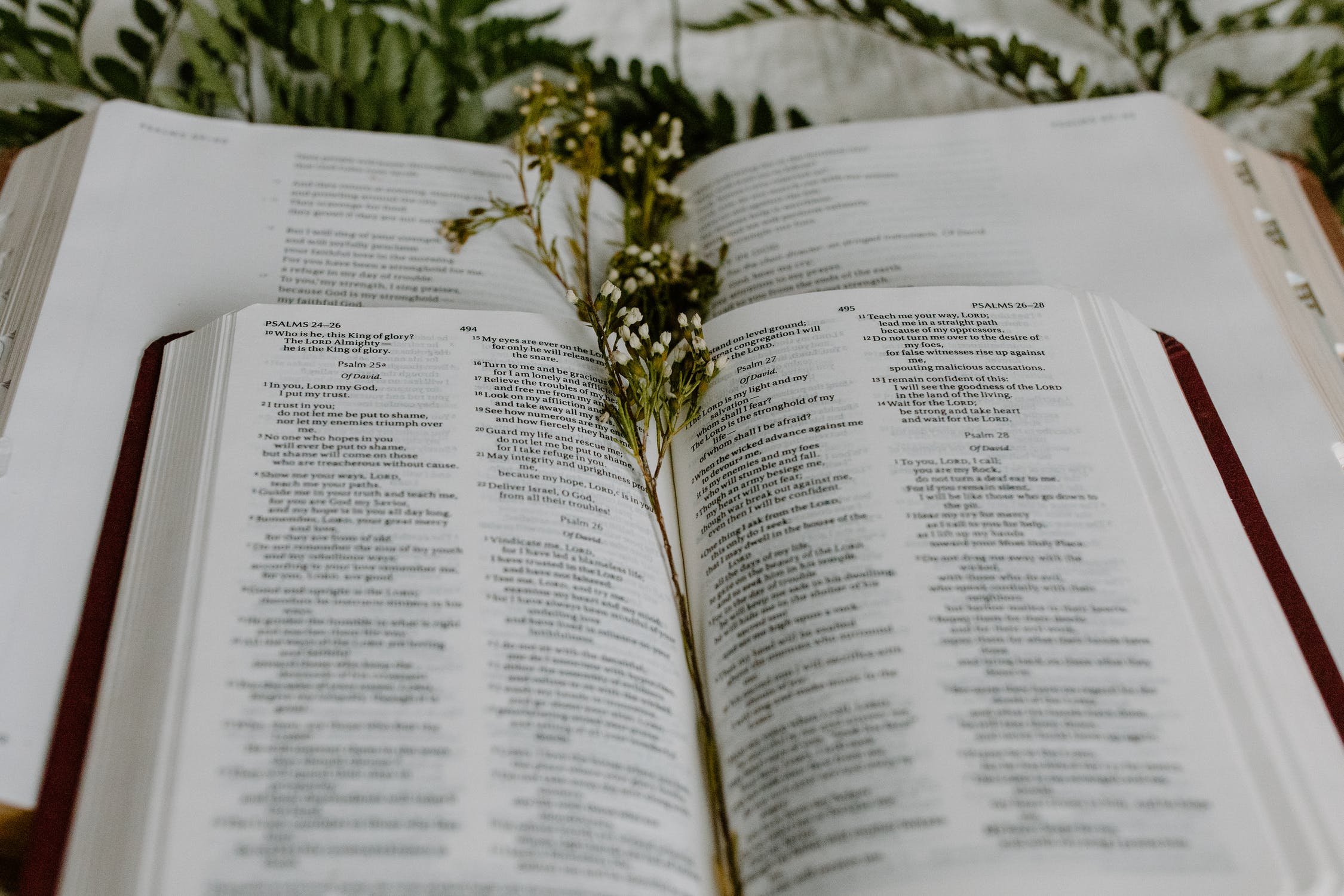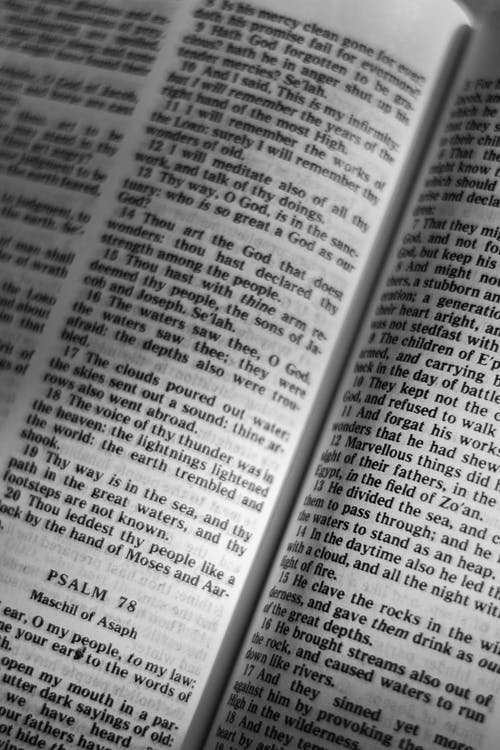Natural Connections
Fly fishing is not always a spirit-rich experience for me. In fact, it might be telling that I first picked up a rod simply because I thought dropping a fly into inviting spots might give me something interesting to do while I was bored with not catching fish. I like its practicality, so I keep at it and trust that it is important to my soul. I find that it entertains my mind and hands when I need to transition off life’s freeway onto a slow dirt road. Occasionally, on days like this one, the practice itself falls away and takes with it all my seemingly important thinking. In those precious moments, I realize anew that I am standing—and always have been—in the nearness of God. Fishing the fly can take me between mountains or over impressive stones, but always, always I am beside waters and among trees. Reflecting on what God speaks to me in beautiful moments like these, I know I need to listen more closely to the waters and the trees.
The Benedictine School of Spirituality (Part 3 of 3): Sustaining Lectio Divina and Preferring Nothing Whatsoever to Christ
Over time, the practice of lectio divina becomes less a set formula for prayer than a disposition of prayerfulness. We learn to slow down and trust the Spirit’s often non-linear process. We marvel at the way the Word so often speaks into our experiences and submit to the ways God is forming us today. Any fruits of that growth are noticed not necessarily within the set boundaries of “prayer time,” but in the fruit of everyday life.
The Benedictine School of Spirituality (Part 2 of 3): Praying the Psalms and Exercising Community
Thirteen of seventy-two chapters in the Rule of St. Benedict (RB) are devoted to instruction about liturgical prayer. Benedict goes to great lengths to establish a rhythm of life in community which is punctuated by prayer (the liturgy of the hours) and saturated in Scripture. Most central is praying the Psalms, which reflects the longstanding appreciation for the way this form of Scripture connects so deeply with the human experience.
Benedictine Spirituality (Part 1 of 3): Core Values
The Benedictine school of spirituality is an important voice in our world today, a voice which informs our praying, living and discerning. It is one among many schools that speak to contemporary hearts, yet it is particularly unique in its lasting impact on Western Christianity.
Benedict of Nursia lived from ca. 480 to 547 CE in Italy. The Rule of St. Benedict (RB) became a foundational text for monasticism in the West, having emerged in the sixth century as the Roman civilization was collapsing. There was societal chaos and political dissatisfaction and we might wish that the conditions of those times did not sound so familiar to our modern ears. What we know about St. Benedict himself comes to us mainly through Gregory the Great (ca. 540-604 CE), who praised Benedict for his discretion and moderation.
I Smell Gas
In this particular situation, and in contrast to other interactions I have had in ministry settings, I was able to quickly and clearly hold my ground. I said, "I do smell gas, in fact, and I need help finding a solution." This refreshing moment of clarity reminded me that it is not always so easy to hold the ground of true self. In the flow of life, we sometimes catch ourselves doubting what we smell. We might initially attempt to ignore it or succeed in explaining away our sensations for a time. When the smell still persists, however, we begin to second guess ourselves, occasionally surrendering our perspectives too quickly because someone has pressed against our convictions. To underestimate or fail to exercise our perspectives faithfully is to drift away from the authentic, Christ-centered self.
How Do Our Limits Set Us Free?
We all have limits. It is an undeniable truth for every member of humankind. Whether we understand them to be the end of our capacities or the boundaries of our identities, we know the discomfort that accompanies the attempt to exceed them. Were discomfort the only outcome, we would simply discount them as inconveniences and pretend to avoid them. That would, however, dismiss the potential appreciation for limits that Benedict has been encouraging since the sixth century. In Ch. 4 of the Rule he urges the reader, “Day by day remind yourself that you are going to die”
I Surrender . . .
“I surrender my need for security, affection and control. I surrender my need to change what I am experiencing in this moment. Welcome. Welcome."
These words are part of a gentle and down to earth prayer called "The Welcoming Prayer", which I learned at an event with Mary Dwyer and hosted by Minnesota Contemplative Outreach. Bit by bit, this little prayer is beginning to shape me.
Poem: Learning Lectio From An Old Welsh Cow
Slow and steady
tear the grass
grind, grind
iron jaws
keep chewing
drop down
pulling, pulling
raise head
chewing, looking
pause
watch
chewing, chewing
swat tail
pulling, pulling
tongue out
snort, snort
chewing, chewing
stand still,
lift tail
loose patty
chewing, chewing
pulling, pulling
all day long.
Spiritual Imagery and Experiences for New Contemplatives
Adults approaching forty occupy a unique space in the life cycle. Having moved beyond their teenage years, they have accumulated their own stories about lived challenges and opportunities. They have learned a great deal about their unique gifts, skills, and passions. At the same time, it is unlikely that they have begun to exercise their full personal capacity or experience the process of physical diminishment to the same degree as their elders.
Poem: Living Waters
We are pails of many colors
shapes and marvelous designs,
searching for somethings—anythings
which will fill us to the brim,
sharing one unfortunate flaw:
We are pails of many holes.
The leaks of imperfection
worsen by hurts and fears
until more is lost than
gained by fetching.
“Pour life into me,” we cry,
“which I might hold and carry.”
and when all passes through
we weep, “If only this or that,
a bit more and fast, then
I would have life to give.”
All the while something
quietly wells up,
a flood rising all around
seeps into every pail,
entering first low openings.
Now within and around
still rising a tide consumes the world.
Higher it flows, fills pails
outside in,
up to the brim, then beyond.
Feigning emptiness we miss this:
we are holy pails submerged
in living waters.














